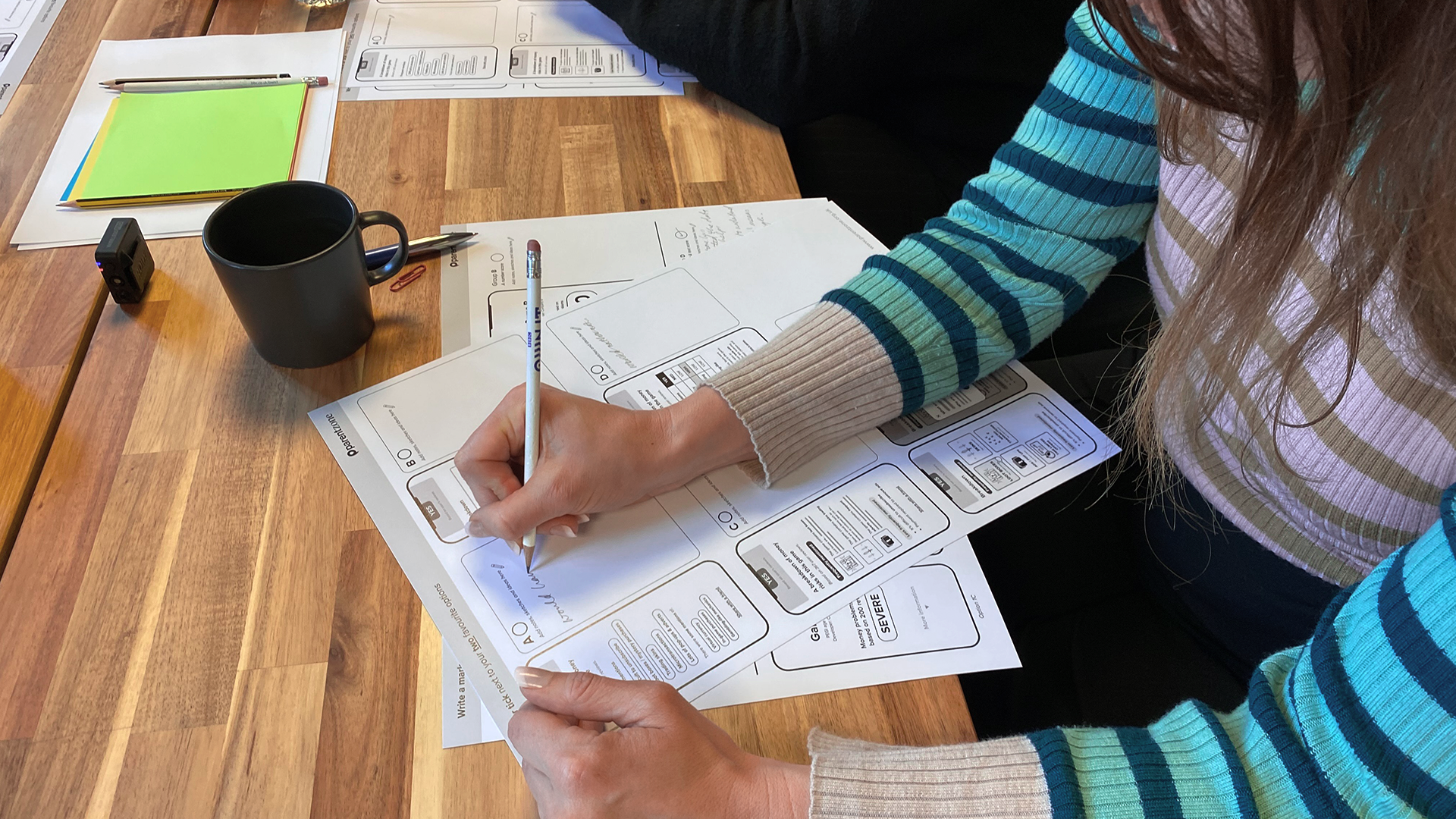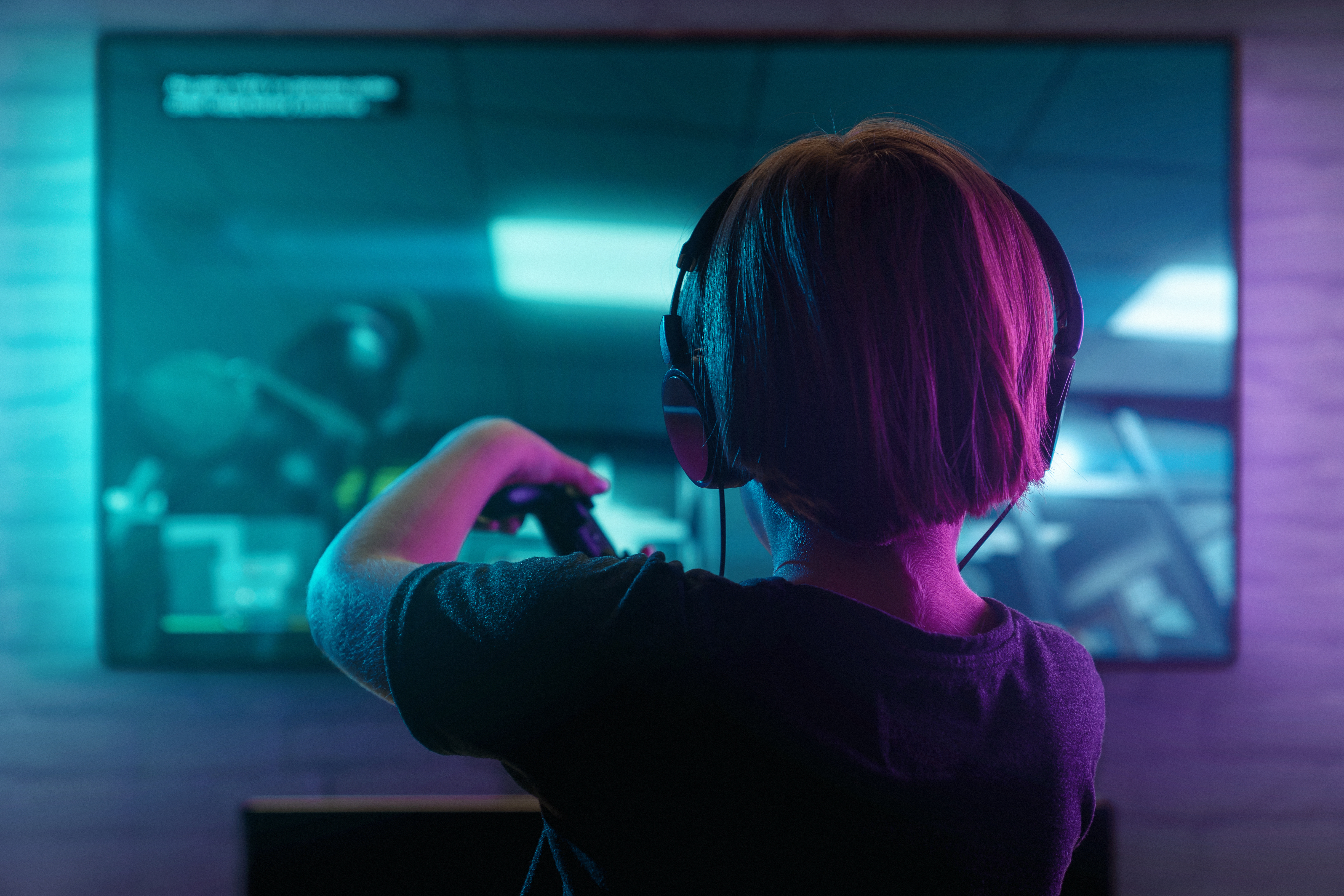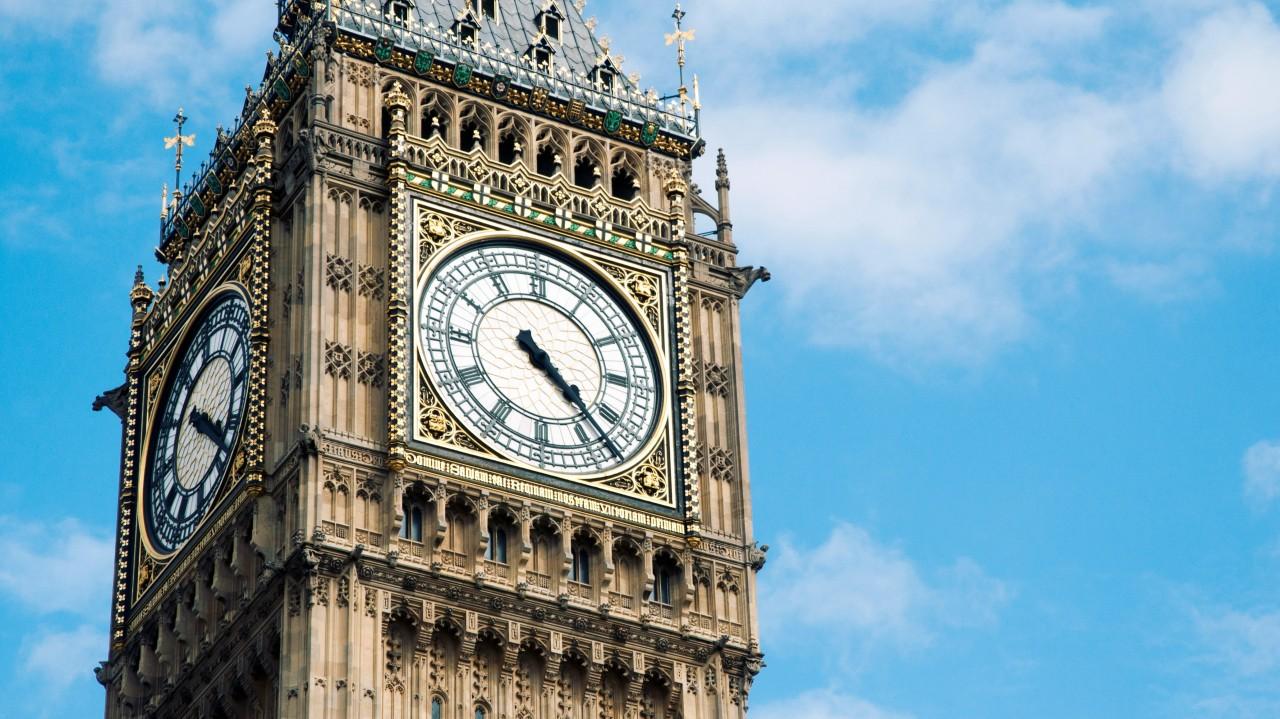The House of Lords report on media literacy: welcome, but is it enough?
“In particular, parents need targeted resources to help them reinforce media literacy education at home while improving their own skills.”
Following their recent inquiry, the House of Lords Communications and Digital Committee released their report on media literacy in July.
Parent Zone was pleased to have been invited to give evidence to the committee and provide a written response to the call for evidence. The report includes many of the things we currently call for – and have done for some time. The increase in online mis- and disinformation, misogyny and child financial harms serves to underline the fact that we have waited far too long to tackle what is now a national emergency.
However, whilst there are some excellent proposals in the report, questions remain and there is a live risk that even this excellent report doesn’t go far enough.
Whose responsibility?
In particular we question whether Ofcom is best placed to lead efforts to improve media literacy. Evidence to date suggests not. They have had the statutory duty to do so since 2003 when they were made responsible for media literacy duties with the passage of the Communications Act.
This act established a duty for Ofcom to promote media literacy across the UK. Whilst the Online Safety Act has enhanced and clarified the duties it seems reasonable to question what will change.
If Ofcom hasn’t managed to have an impact in 22 years might it make more sense to explore a different model? Other countries, including most notably Finland, which ranks at the top of the Media Literacy Index – an index that compares 47 European and OECD countries – places responsibility for media literacy firmly within Government. Finland have a dedicated department – the Department for Media Education and Audiovisual Media (MEKU) – tasked with promoting media education at the national level.
It is likewise unclear how the Lords recommendation to have a senior minister driving the delivery of Ofcom’s media literacy strategy would work in practice. Ministers can certainly set the regulator’s priorities and scrutinise their work in parliament but a central tenet of an independent regulator is that they should be independent.
Is the idea therefore that the ‘senior minister’ would herd Government departments to collaborate as needed? Compliment and assist? Whilst that would be a very positive step it seems less likely to succeed than a department with specific responsibilities, and more importantly a budget.
Another recommendation is that there be a levy on technology companies to pay for media literacy. The report suggests that this “should provide longterm, sustainable funding to independent media literacy efforts.” It is certainly true that some companies invest heavily in media literacy activities and others do very little. A levy would ensure that the whole industry contributes.
However, it is a profound error to suppose that a levy would provide long term sustainable funding for delivery.
Any organisation that has dealt with grant making will know that they are rarely long term and by definition not sustainable income streams. It is far more likely that a levy would result in a plethora of grant funded, time-limited initiatives that offer a patchwork of unsustainable projects much as we have now. The only sustainable element would be the grantmaker which would have an ongoing role defining and administering grant rounds.
More support for parents
There are recommendations in the report that are extremely welcome.
In particular, the committee’s recognition that parents need targeted resources and support. This support needs to be delivered now and at-scale. There are evaluated, well-evidenced programmes that could be rolled out with the right will and appropriate funding.
It is disappointing that media literacy appears to have been relegated to a subset of digital inclusion. This shouldn’t be an either/or priority. The Government’s digital inclusion strategy is welcome but it should not have come at the expense of the Government’s media literacy strategy.
Media literacy in the national curriculum
The report calls for media literacy to be embedded in the national curriculum:
“We urge the Government to use the curriculum and assessment review to embed media literacy across the curriculum [...] A revised curriculum this autumn presents a perfect opportunity to see media literacy properly woven throughout all stages of education."
This recommendation is critical and could create the step change for children and young people that is so urgently needed. However, getting it in the national curriculum would only be a first step. Providing teachers with the training and support that they would need to deliver it would be as important to ensure impact.
Time is running out
As AI continues to be embedded in all of our digital lives – from search to relationship bots – it is impossible to overstate how important media literacy will become.
Wearables and ‘always on’ agents will change the way we interact with the world and processing information will be an even bigger challenge. Jony Ive’s much anticipated wearable device promises a pocket-size, contextually aware, screen-free device that isn't eyewear. Amazon has recently purchased Bee, an “always on Fitbit-like device that transcribes your conversations and serves up daily summaries.”
Doubters question whether this possible next generation of technology will replace smartphones but our prediction is a confident yes.
Not only will they change the way we interact with the internet, they will change the nature and scale of the media literacy education challenge. If we don’t act decisively and at scale right now we will look back on the problems described in the House of Lords report as the ‘good old days’ when media literacy skills, knowledge and behaviours could have prepared parents, families and society for what was coming.
There is still a window. This report brings needed focus to the issue and includes some important recommendations. Despite our hesitation on some of the recommendations which we feel lack ambition and might not have the impact hoped for, the more important question is whether this Government is willing to act.
We know it wants to be a world leader in AI and we know that it needs and wants growth. Having a media literate population can only help with that. If they can’t see the need from a national security perspective, or to protect democracy, perhaps this final argument for more media literacy will cut through: it’s needed for growth and economic prosperity.
To meet the growing needs of parents we’re scaling our flagship media literacy programme, Everyday Digital.
We’ve recently launched new resources and self-guided training modules for professionals to begin using in communities across the UK right now.
For more information on Everyday Digital, contact: programmes@parentzone.org.uk
Latest Articles

Designing a game rating tool that helps parents
Parent Zone is developing a new age-rating-style tool to transform confusing financial features into clear, usable information, helping parents make informed decisions about their children’s games.

Why does gaming’s omission from the Online Safety Bill matter?
We explain why gaming's omission from the Online Safety Bill is important.

7 key issues from the Online Safety Bill report
We look at the legislative committee response to the Online Safety Bill.

